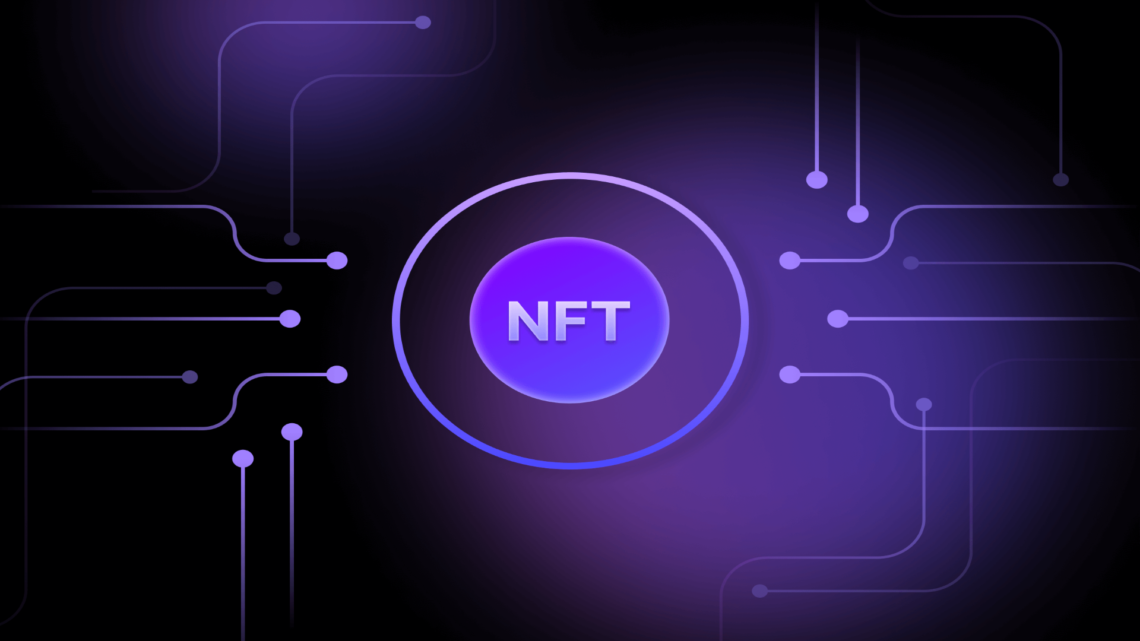Introduction
Non-fungible tokens, also known as NFTs, have lately been in the news. What do they signify for the cryptocurrency sector and what do they actually mean?
Digital assets include both cryptocurrencies and NFTs (non-fungible tokens). Digital assets, however, are not all created equal. There are a few significant distinctions. NFTs are more difficult than bitcoins to value and trade. Cryptocurrencies are virtual money supported by a blockchain network, but NFTs (Non-Fungible Tokens) are special digital assets that represent real-world objects like collectables or pieces of art. Each NFT has a unique ID number and set of characteristics.
In this article, we’ll explain how and why it’s crucial to grasp how NFTs vary from cryptocurrencies.
What Is A Cryptocurrency?
A cryptocurrency is a non-centralized digital asset. There may be some centralized aspects in the network, but the network is designed to be decentralized.
The blockchain is utilized by crypto networks. A blockchain is an implementation of distributed ledger technology (DLT). Everyone on the network has a copy of the distributed ledger, which is updated whenever someone sends or receives coins.
Why Are Cryptocurrencies Valuable?
People buy and sell cryptocurrencies on the belief that their value will increase in the future. People invest in cryptocurrencies because they anticipate that their demand will rise over time. Because of that, we recommend the CEX.IO crypto exchange for your first investment.
Supply in circulation is a crucial factor to consider when investing in cryptocurrencies. The circulating supply is the sum of all coins in circulation at any one time. The value of coins with a high supply in circulation can nevertheless grow dramatically if demand increases faster than the rate at which new coins enter circulation.
Some coins have defined maximum supply levels, but others have restricted supply schedules that may continue indefinitely into the future (like Bitcoin).
Differences Between NFTS and Cryptocurrencies
NFTs are notably more difficult to value than cryptocurrencies. Contrary to Bitcoin and other cryptocurrencies, which have a single market price, NFTs do not have a single market price. Even if an NFT is traded on an exchange, it is difficult to determine its value by examining its price alone. As in the real world, some works of art fetch millions of dollars while others struggle to sell for hundreds or thousands.
The single market price for cryptocurrencies makes it very straightforward to determine the value of a single coin.
NFTs do not have a single market price since they are not homogenous assets like coins or tokens. This is a crucial consideration when purchasing NFTs. Each NFT is unique; you cannot determine the value of an NFT just by looking at it. Consider factors such as the author and the work’s apparent attractiveness to potential customers.
For example, two paintings by Vincent van Gogh that appear identical but have vastly different prices due to their appeal among collectors and critics are one example. The same is true for NFT paintings: two similar-looking pieces may have radically varying prices based on their popularity among buyers and sellers.
Cryptocurrencies are issued and traded over blockchains, which are open networks that anybody with the same software may join. Each participant has a copy of the blockchain, a decentralized, chronological ledger of all transactions. Everyone can observe what is happening in real time, making it simple to agree on who owns what.
All cryptocurrencies are fungible, which means that one bitcoin is equivalent to any other bitcoin. This is not the case for many NFTs, where a digital trading card with a lower number or other feature may be more valued than another.
The lack of consensus about the value of NFTs is exacerbated by their illiquidity. This is because the vast majority of NFTs are traded on platforms that specialize in a specific sort of digital assets, such as CryptoKitties or Decentraland (virtual real estate). Therefore, those who wish to sell their NFTs must locate purchasers on the same site where they purchased them.
This makes it difficult to compare costs and determine the value of an item. The differences between a non-fungible token (NFT) and its competitors may appear little to the untrained eye, but they may have a significant impact on its value.
Conclusion
The use of NFTs is now receiving a lot of attention, however, it is still very early. There are still certain problems that have not been resolved, such as what occurs when the owner of an NFT passes away and how NFTs will be categorised for tax purposes.
NFTs and cryptocurrencies, on the other hand, are two very distinct objects that serve quite different functions. This much is certain. If you are interested in making some kind of investment, you should ensure that the choice you make about that investment is an educated one by carrying out some research first.
Disclaimer: Any information written in this press release or sponsored post does not constitute investment advice. Thecoinrepublic.com does not, and will not endorse any information on any company or individual on this page. Readers are encouraged to make their own research and make any actions based on their own findings and not from any content written in this press release or sponsored post. Thecoinrepublic.com is and will not be responsible for any damage or loss caused directly or indirectly by the use of any content, product, or service mentioned in this press release or sponsored post.
For publishing articles on our website get in touch with us over email or one of the accounts mentioned below.


 Home
Home News
News






